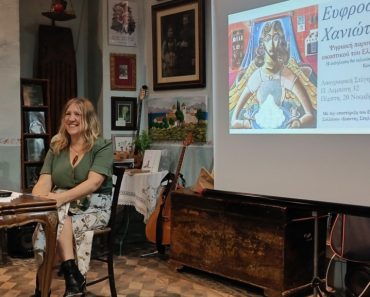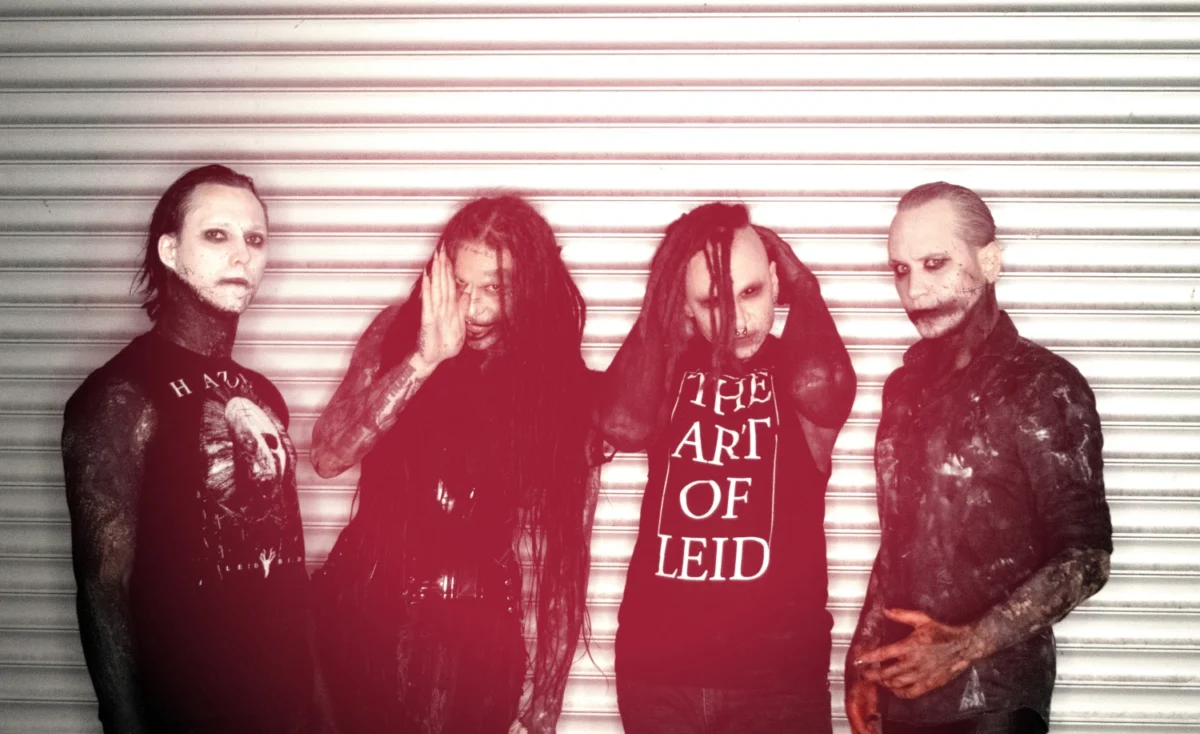What, after all, is the message sent by the images from the Barclays Center in Brooklyn—packed by Greek Americans —where the popular singer Konstantinos Argyros performed on Saturday?
It’s said that the turnout was so large—estimated at over 10,000 —that it even surpassed Argyros’ big concert from two years ago.
I repeat the question: What is the message of this concert, and how does it compare to earlier ones?
Big concerts also took place in the past, given by the great artists of the time. Who can forget the amazing concerts of Theodorakis, Marinella, and so many others, or the countless bouzoukia clubs on 8th Avenue and later in Astoria that filled up every night?
However, that was expected back then, since there were many newly arrived immigrants, to whom singers and songs spoke deeply to their souls, and who longed to spend a little time among other Greeks, to be transported to Greece through music and their beloved performers.
Today, the situation in the diaspora is not the same as it was then. The newly arrived are not as numerous even though those who do arrive today have much greater ability to participate in events than people did back then.
And today—very importantly—technology is changing the relationship between Greeks living abroad and the motherland.
Thus, today the majority of those who rush to concerts like Argyros’s are the children and perhaps even grandchildren of those earlier immigrants. Possibly even kids who don’t speak Greek all that well.
So what’s going on?
The fundamental message is that the diaspora is changing—which is perfectly natural—but it is not disappearing.
Their experiences differ from those of their parents, and these differences lead them to express their Greek identity in new ways. For example, they may not be members of local associations or AHEPA, but they are members of the Greek Lawyers’ Association or the Hellenic National Society. They listen to Greek music, dance Greek dances, and eat Greek food. And wherever the priest inspires them, they show up at church.
Do these messages reach us, the older generation?
Do they reach our supposed leadership?
Are we keeping pace—or better yet, leading—or are we remaining observers, or even indifferent, in a diaspora that, like society as a whole, is changing?







